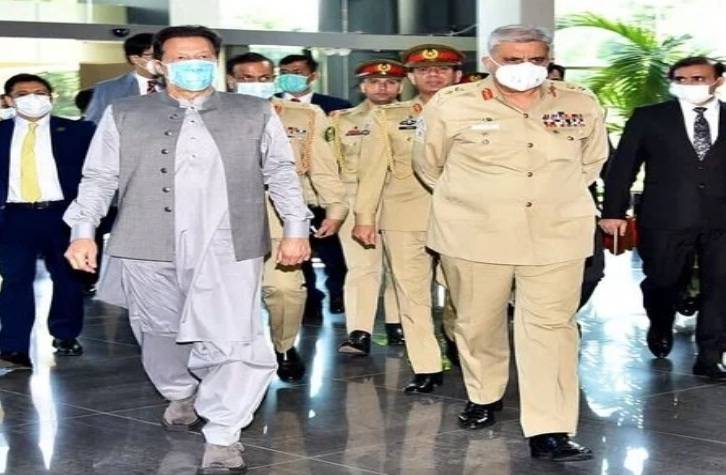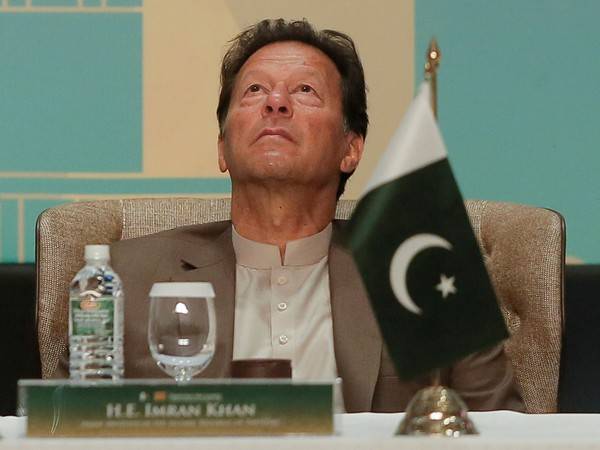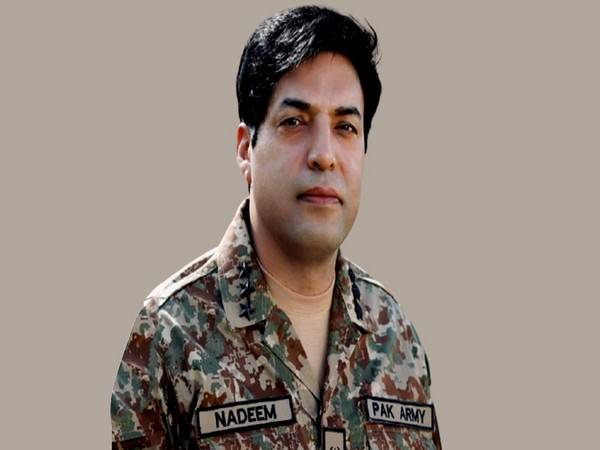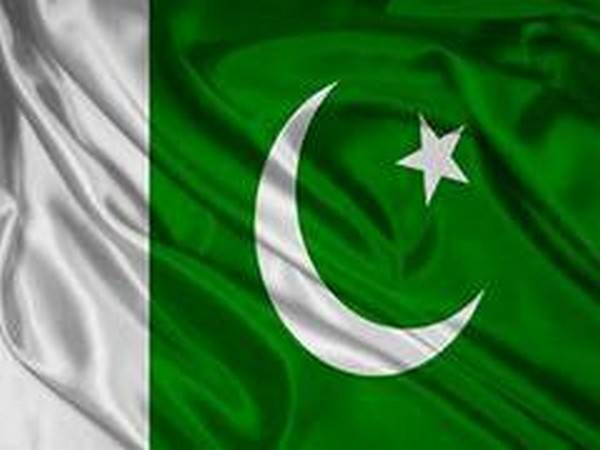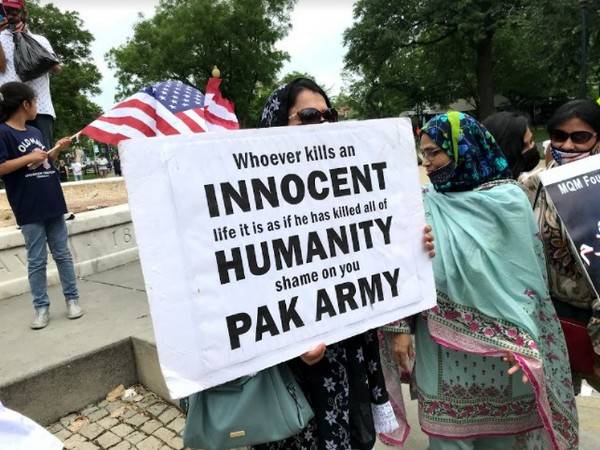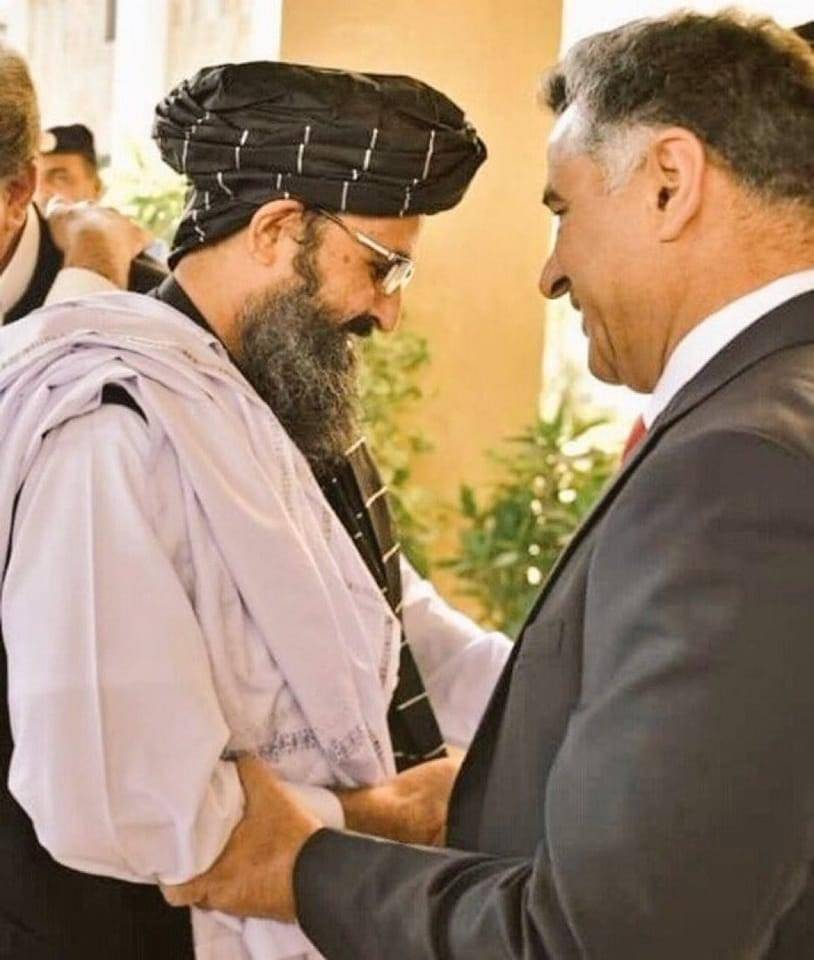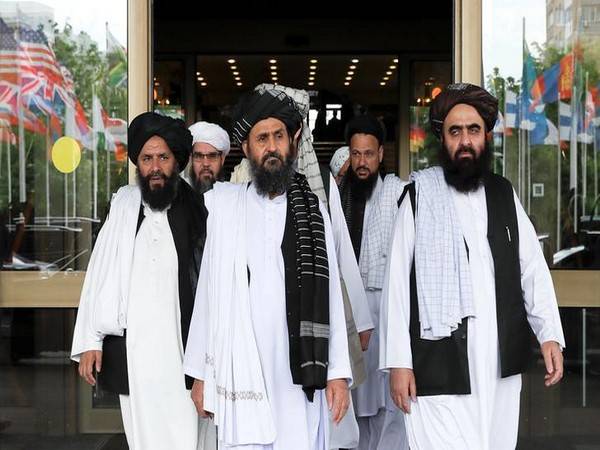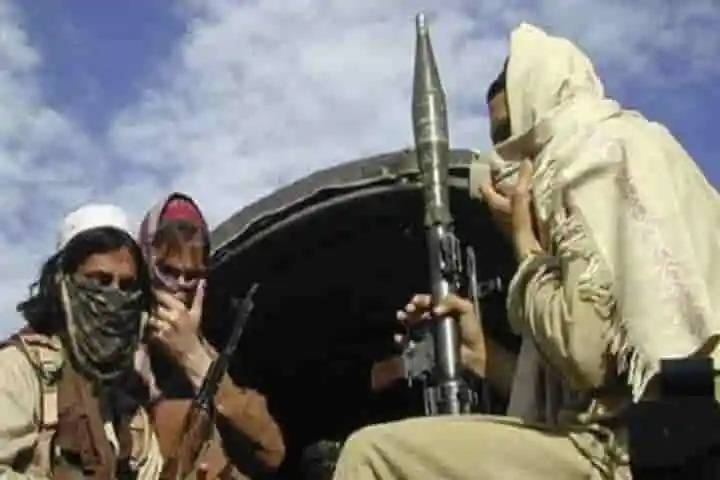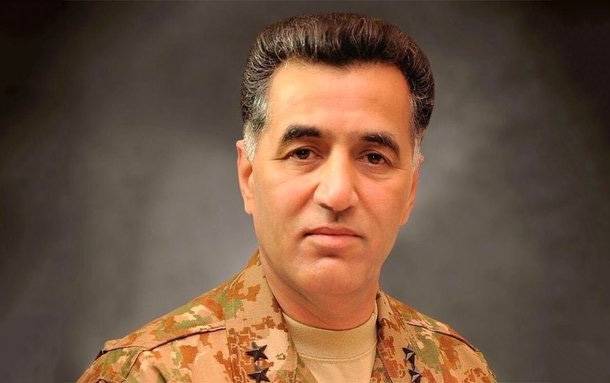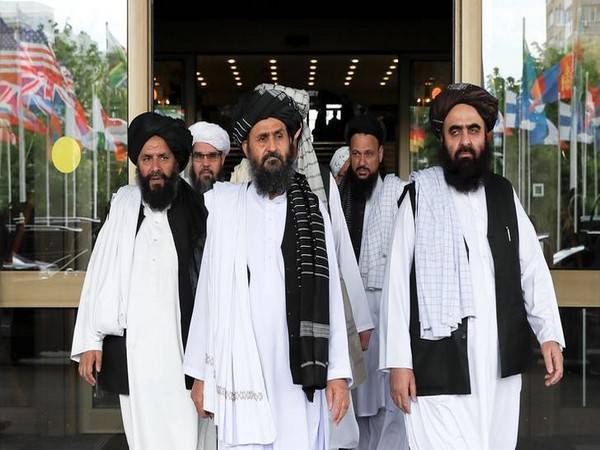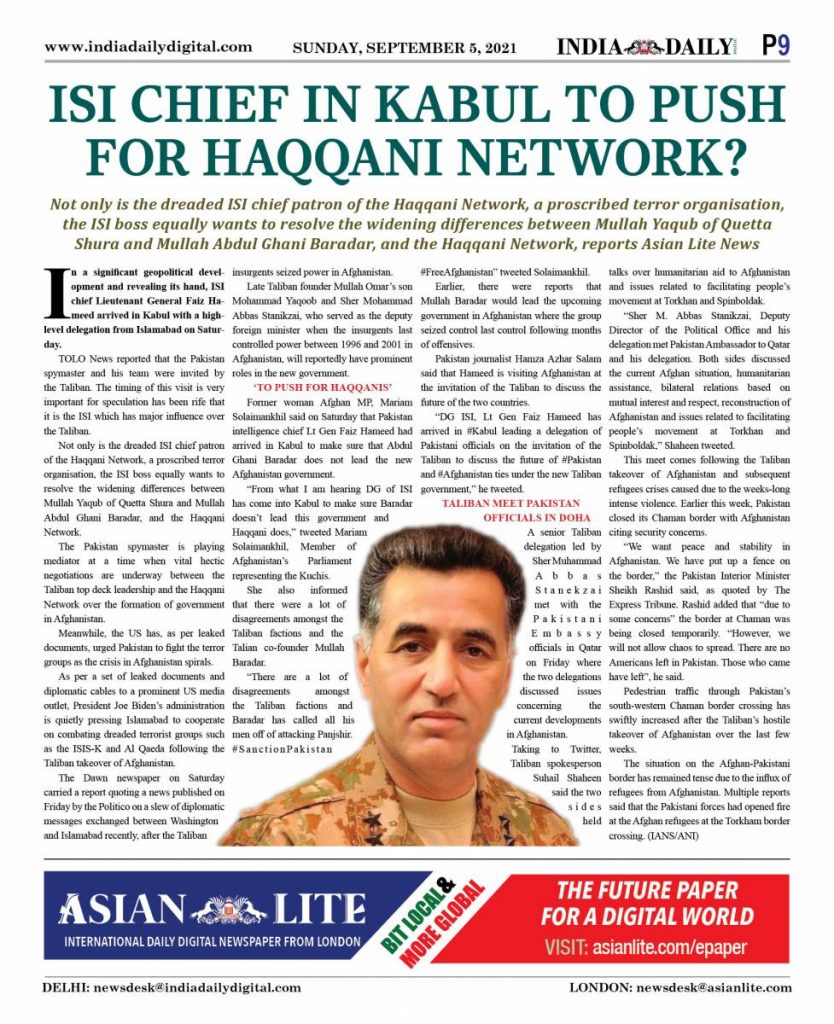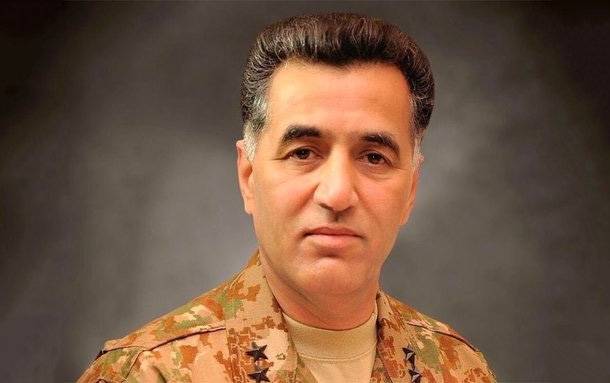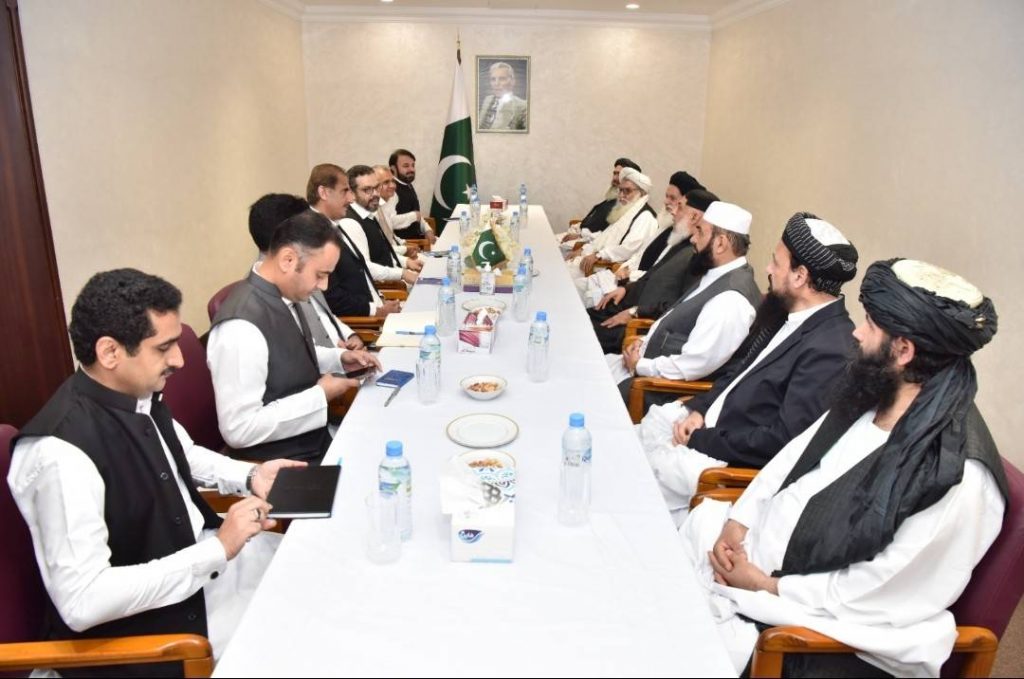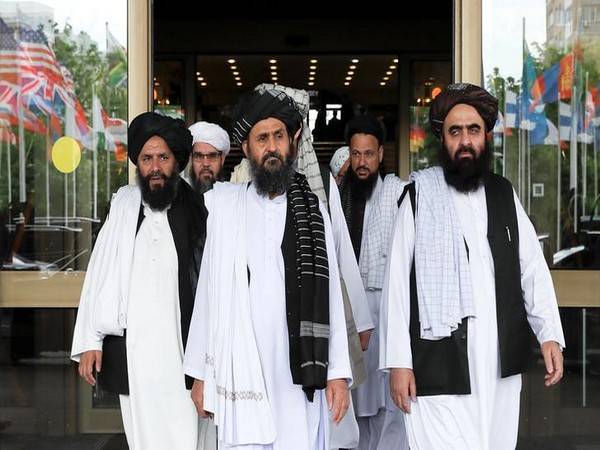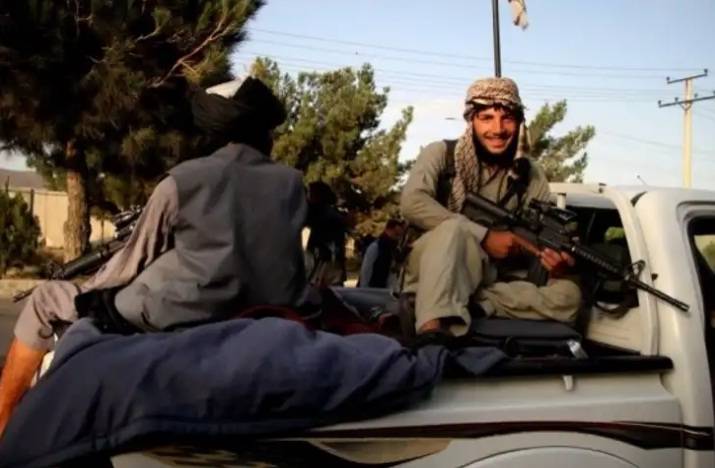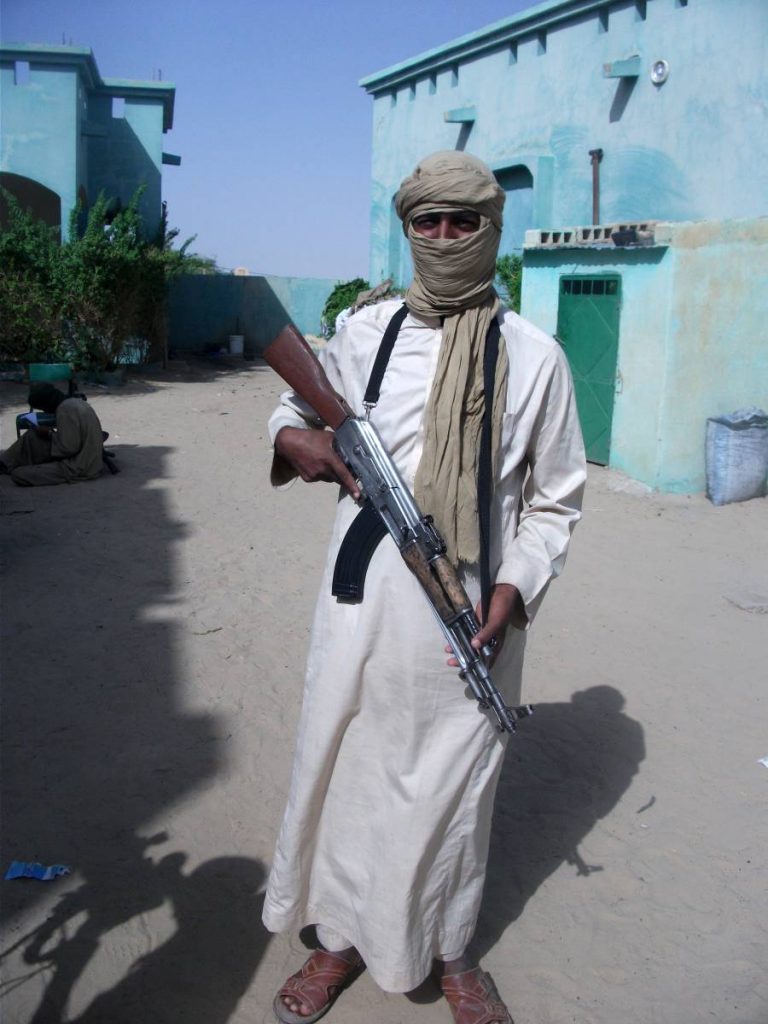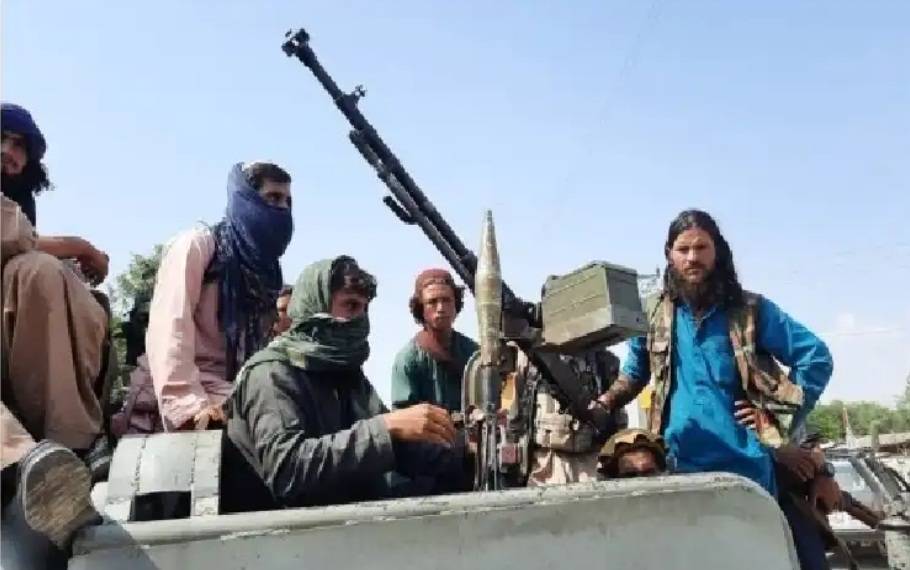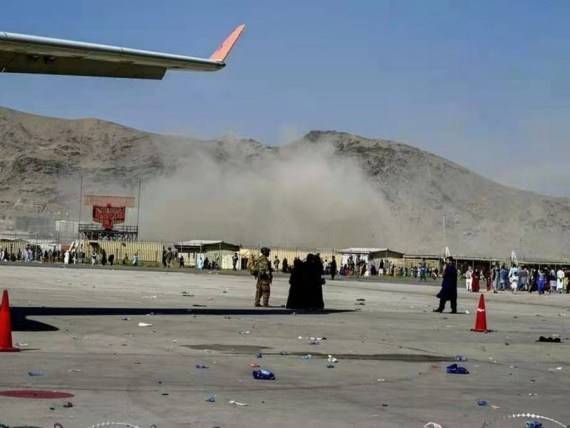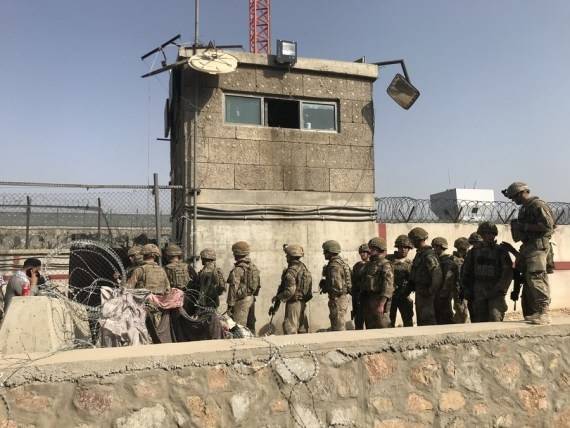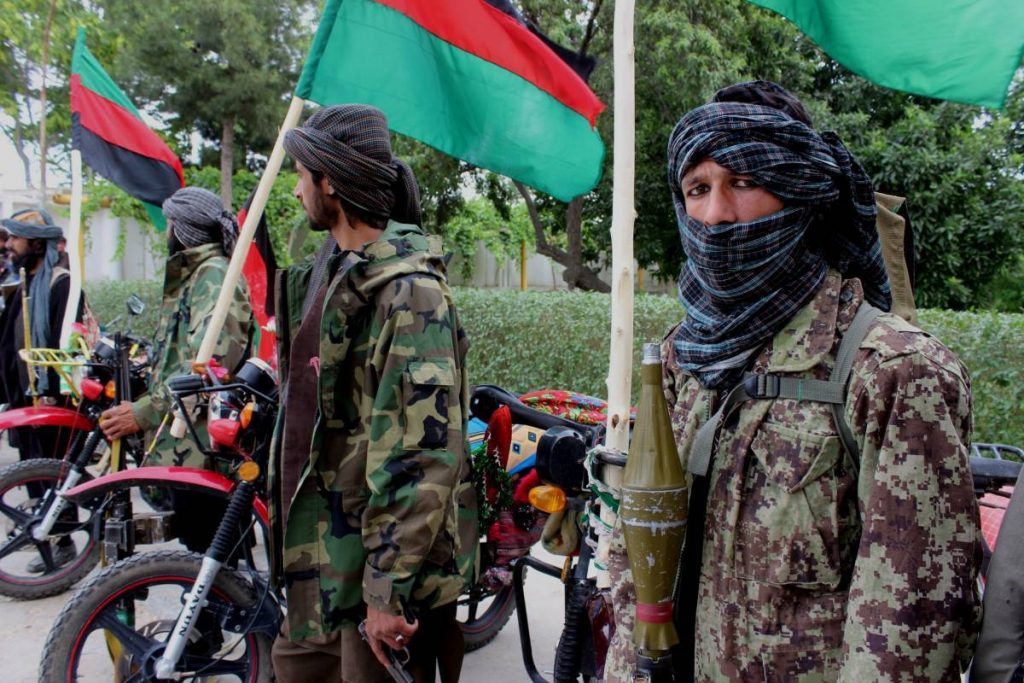Khan has refused to accept the appointment of the new DG ISI and is not going to back down. Bajwa in turn has stuck to his guns that Lt. Gen. Faiz Hameed cannot continue as the Director General of ISI….reports Mrityunjoy Kumar Jha
How long will the Imran Khan government last? This is the big question being asked in Pakistan after the headline grabbing standoff between the Prime Minister Imran Khan and the Pakistani army chief General Qamar Javed Bajwa became open.
Though Khan’s cabinet colleagues insist that the differences between the PM and army chief have been sorted out amicably after both had a 3-hour marathon one-on-one meeting on Monday night, Pakistani sources think otherwise.
Khan has refused to accept the appointment of the new DG ISI and is not going to back down. Bajwa in turn has stuck to his guns that Lt. Gen. Faiz Hameed cannot continue as the Director General of ISI.
Sources claim that work on a plan-b is also in the works. A fresh summary pertaining to the appointment of the new DG ISI will be jointly prepared by the defence ministry and the military, in which three new names for DG ISI would be presented to Khan and Bajwa, but neither Lt Gen Faiz Hameed nor Lt Gen Nadeem Anjum’s name will not be in the list.
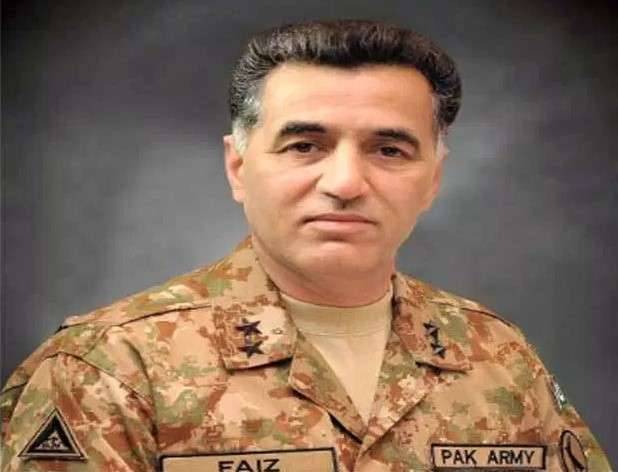
Earlier Bajwa had appointed Nadeem as the chief of the ISI replacing Hameed who was sent to Peshawar as a corps commander.
While Hameed’s transfer was the prerogative of the army chief, on paper the appointment of the chief of ISI is done by the PM in consultation with the army chief. Khan told Bajwa that he was not consulted for the appointment of Nadeem as the ISI chief. Sources claim that Bajwa told Khan that it was a strategic military decision and the civilian government should not get involved. But Khat insisted that Hameed should continue as the ISI chief. On that, Khan was told bluntly that someone whom he likes can’t continue on his post “forever”.
“The new DG would be appointed and neither General Faiz nor General Nadeem Anjum would be considered for the post anymore. But the relation between the civilian head and military head.fault lines are hard to fix,” said Pakistani journalist Rauf Klasra.
Pakistani analysts say that PM khan, by interfering in the “internal” matter of the army, may have crossed the red line. They are also wondering why Khan is insisting to keep Faiz Hameed as the ISI chief ?
There is a perception in Pakistan that Imran Khan asked Bajwa to let Hameed continue till December but Bajwa refused. Earlier, he first proposed making the ISI chief’s rank equivalent to that of corps commander ,and then proposed Hameed take on the role of Corps Commander Peshawar as an additional charge. However, Bajwa did not agree to the proposal because this would have led to resentment among his top military leadership.
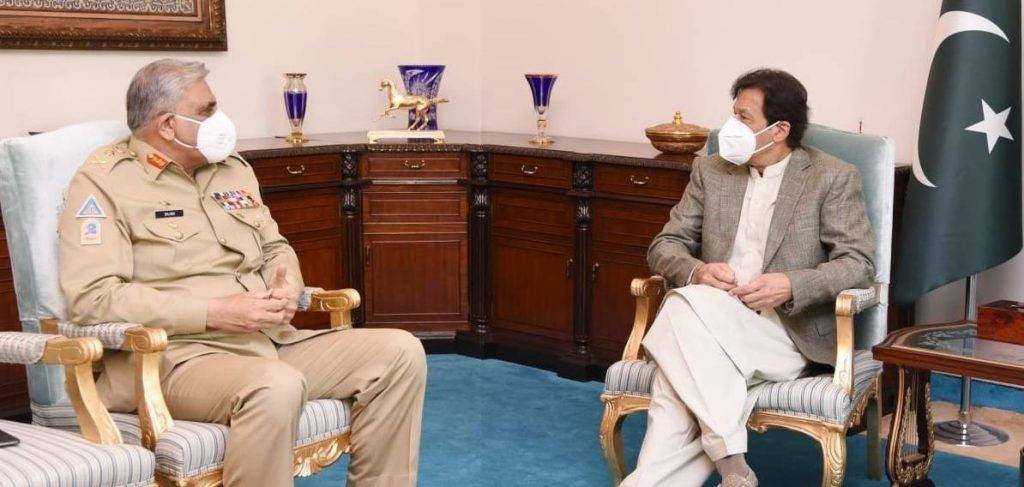
Pakistani observers say Khan and Bajwa have not been on the same page in the handling of critical foreign and security matters. How to deal with the Tehreek-e-Taliban Pakistan (TTP), has become a major friction point, with PM Khan seen as too eager to reconcile with the militant outfit which is responsible for killings of thousands of Pakistani soldiers and civilians.
But in the present geopolitical situation, neither the army chief Bajwa nor Imran Khan are in a position to go for a full showdown and both understand this .So shadow boxing is the only available option.
Yet, Khan himself is well aware that he was “selected” or made “puppet” prime minister because it was the army who rigged the elections to make him a winner. In Pakistan, it is clear as daylight that when push comes to shove, it is the iron-hand of the military, which finally prevails.
(The content is being carried under an arrangement with indianarrative.com)

